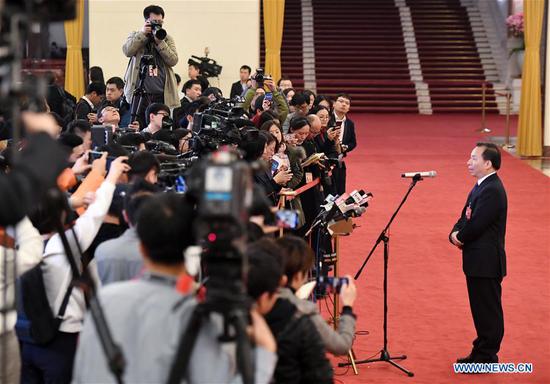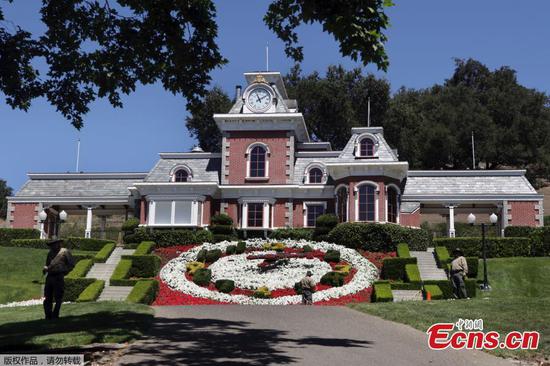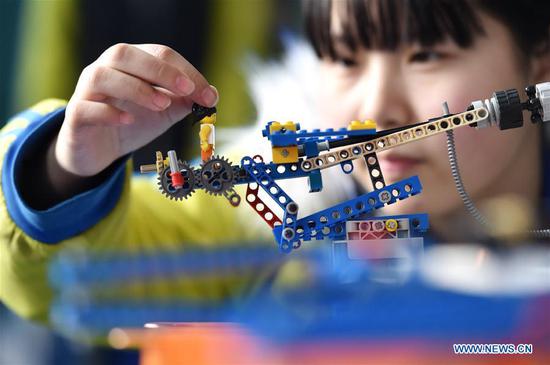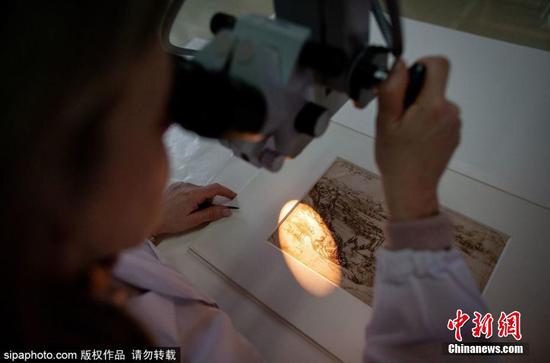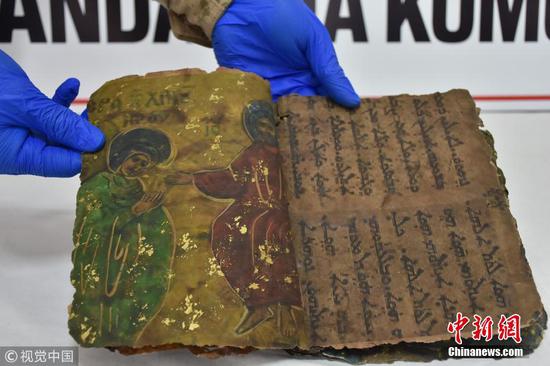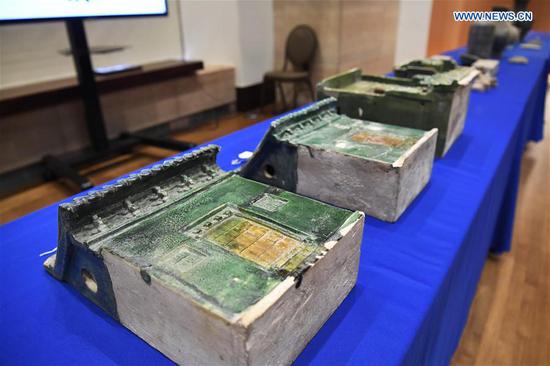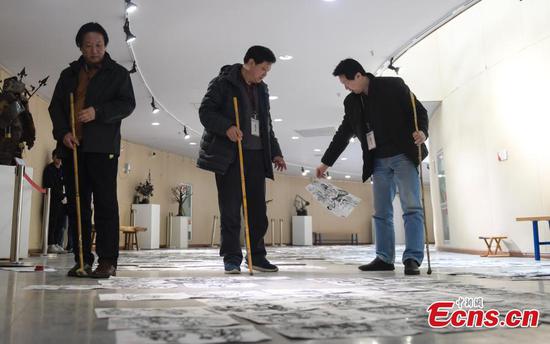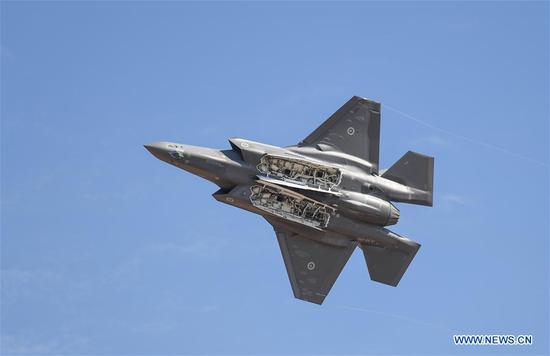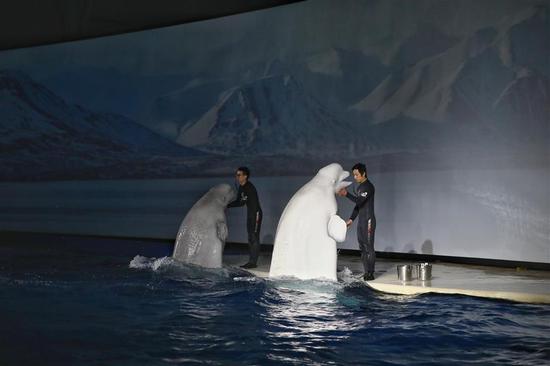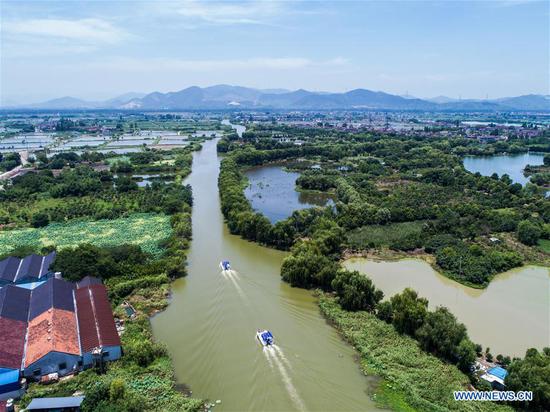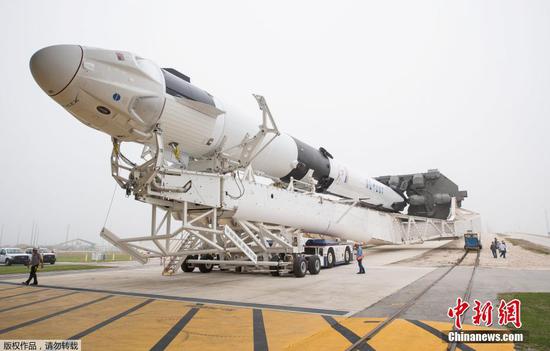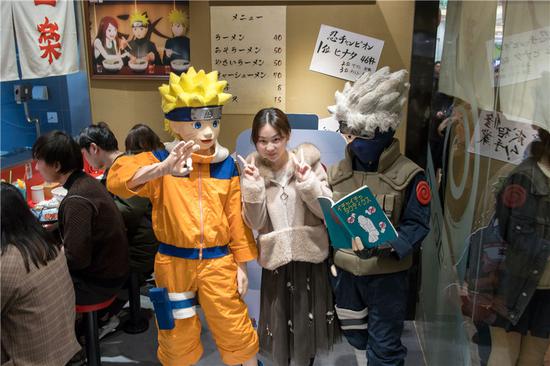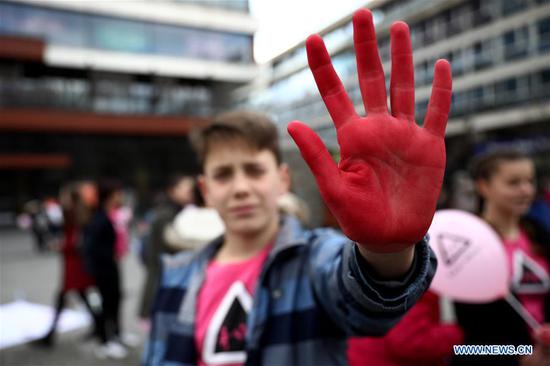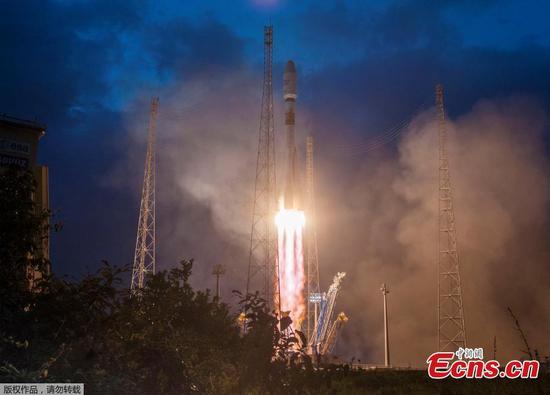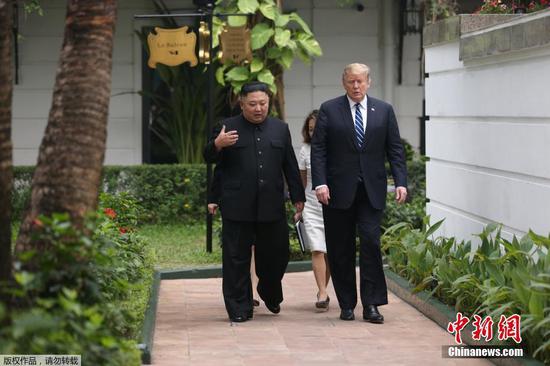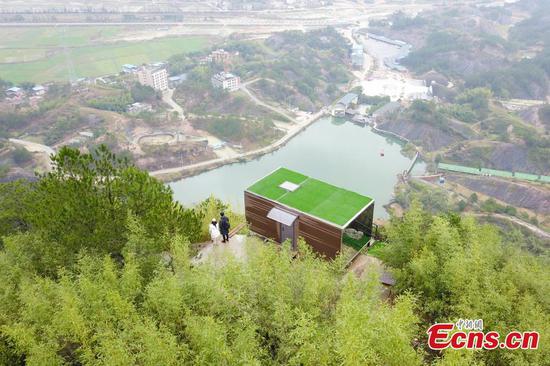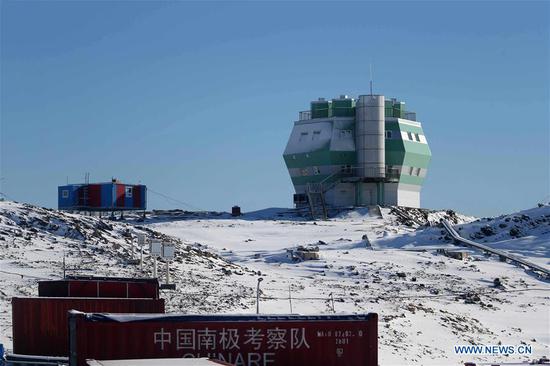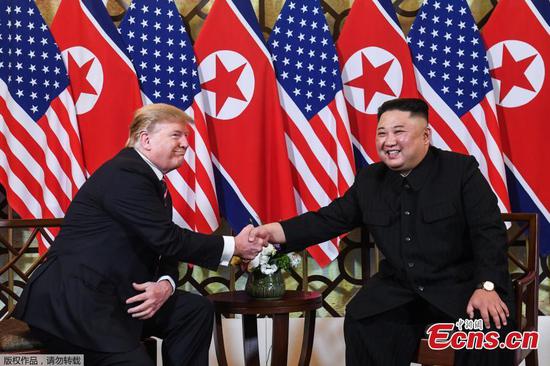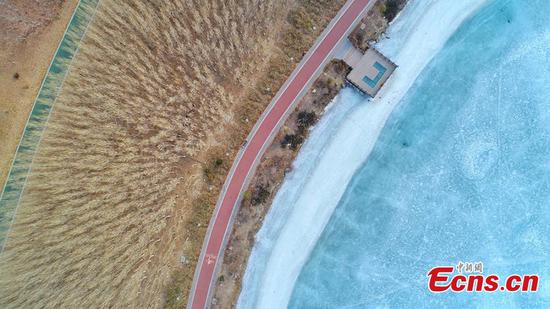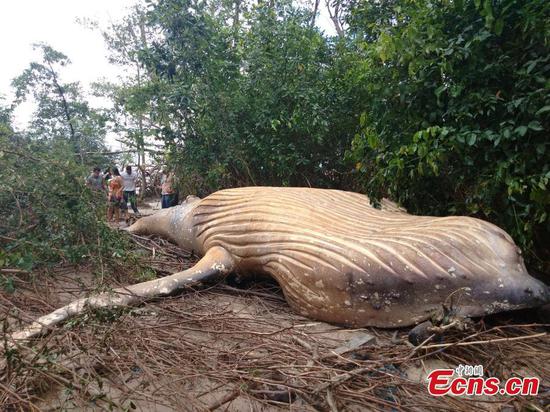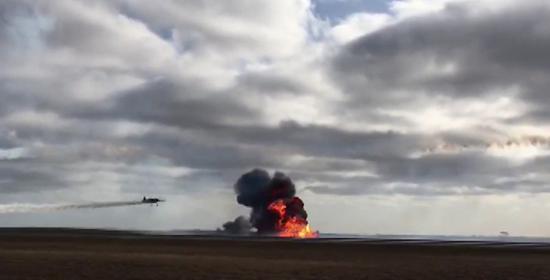Ottawa's image of judicial independence in doubt, says expert
Canada's move to commence the extradition process of Huawei chief financial officer Meng Wanzhou reflects the lack of political wisdom of Canadian Prime Minister Justin Trudeau, Chinese analysts said, noting that China and Huawei will not give up trying to rescue Meng.
Canada's Department of Justice issued an Authority to Proceed on Friday, formally commencing the extradition process of Meng, who was arrested on December 1, 2018.
Chinese Foreign Ministry spokesperson Lu Kang on Saturday reiterated the country's resolute opposition against the U.S. and Canada's actions and urged Canada to release Meng immediately.
"This is a serious political event. We once again urge the U.S. to immediately withdraw the arrest warrant and extradition request for Meng Wanzhou," Lu said.
The Chinese Embassy in Canada also said on the same day, "The final result of the Canadian court will test whether Canada adheres to judicial independence or not. We will wait and see."
In a statement sent to the Global Times on Friday, Meng's defense team also expressed their disappointment with the Authority to Proceed considering the political nature of the U.S. charges.
The decision reflects the deteriorating political environment in the U.S. and Canada, which will significantly alter the impression of Chinese people about Canada: It will not be a safe and reliable country anymore, Mei Xinyu, an expert close to the Chinese Ministry of Commerce, told the Global Times on Saturday.
The impact is far-reaching. Canada's move has set a very bad precedent for the international order in business and trade. It also exposed two problems: Canada-U.S. relations are unequal and Trudeau's lack of political wisdom, Mei said.
"The Chinese government and Huawei will not stop trying to rescue Meng," Ni Feng, deputy director of the Chinese Academy of Social Sciences' Institute of American Studies, told the Global Times on Sunday.
Ni noted that "the U.S. administration is apparently using Meng's case as a bargaining chip for the ongoing trade negotiations with China to make China concede."
Li Haidong, a professor at the China Foreign Affairs University's Institute of International Relations, said that Canada's decision could spark an outcry against Canada among Chinese people.
Li said that the decision would damage not only Canada's relations with China, but the country's international image as a sovereign country with judicial independence as well.
Judging from the evidence and facts revealed so far, normally the final result should be Meng's release. If Canada chooses to ignore the facts and makes a "twisted decision" that caters to the political interests of the U.S., it will lose credibility in international society, Li said.
Long and complex
The Authority to Proceed is the first step in the extradition process. The next step is the judicial phase wherein a judge hears the case. If the judge decides a person should be committed for extradition, the Minister of Justice must decide if the person should be extradited to the requesting country, the Canadian justice department's website said.
Meng is due to appear in court again on Wednesday, where the court is supposed to schedule the date for the extradition hearing, the website said.
Meng was arrested in Canada at the request of the U.S.. She was granted a C$10 million ($7.5 million) bail 10 days later.
While court proceedings are underway, Meng will remain on bail subject to existing conditions, said the Canadian justice department.
It would be a long and complex process before the Canadian court makes a final decision on the extradition, Ni noted.
But Meng seems to have made long-term plans. It was reported that she was going to apply to the PhD program of the University of British Columbia's Sauder School of Business. She will also use the time to read and spend time with her family.









